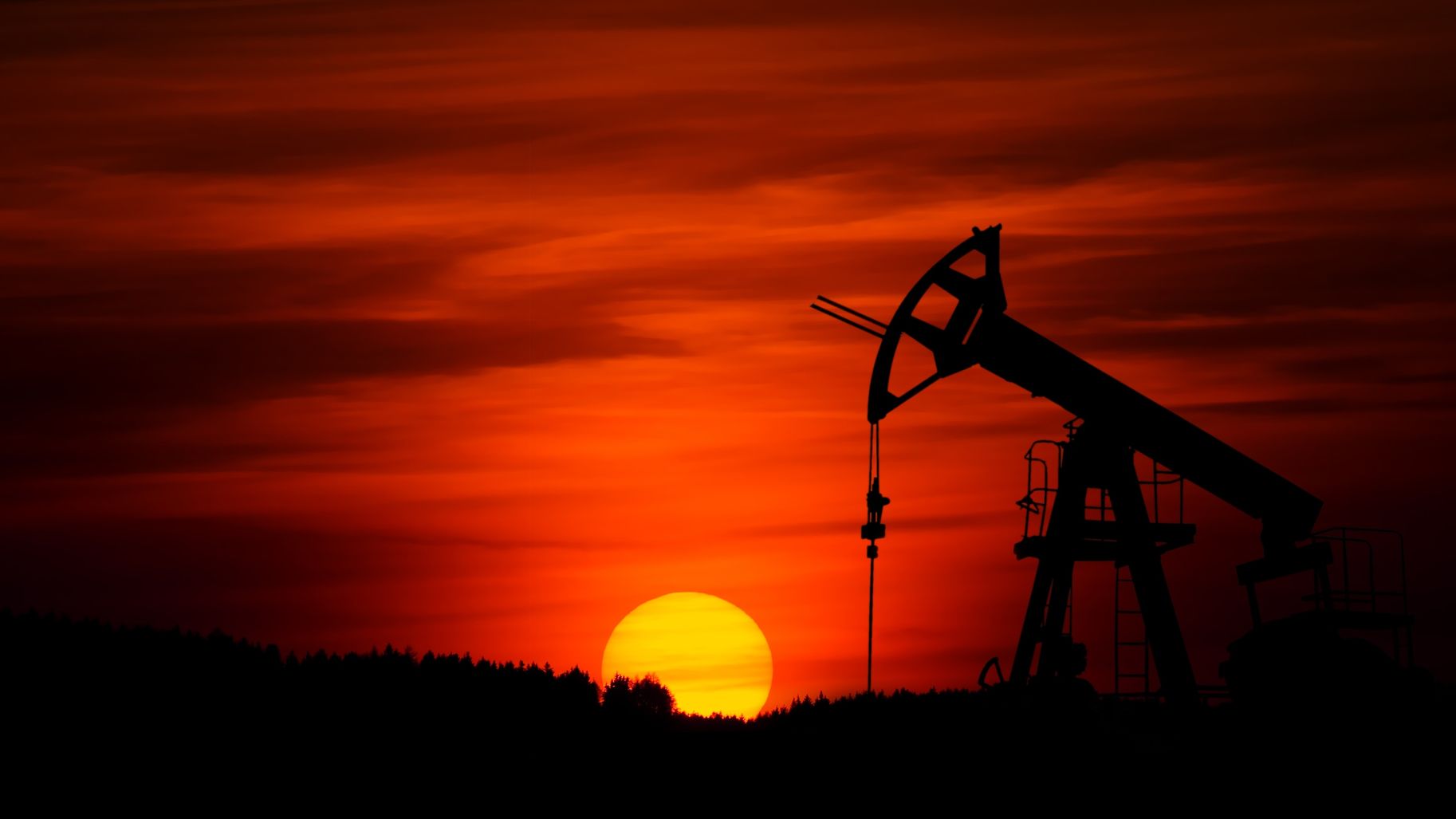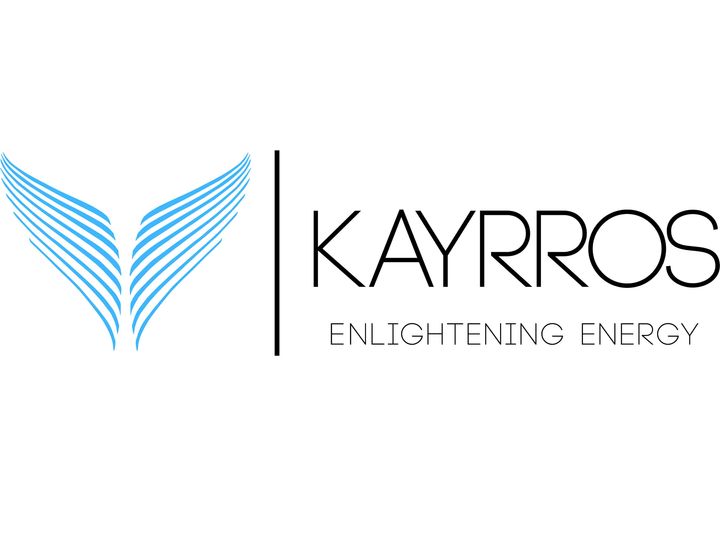
What is the context of the start-up Kayrros?
Kayrrosfocuses on the energy sector and, in particular, oil - a huge market that directly impacts the world economy. The production and availability of shale oil are what determine, among other things, the price per barrel in the world and the market equilibrium. However this sector still lacks transparency and is subject to manipulation. In order to drive up prices tankers can, for example, be kept offshore.Kayrrospositions itself at the heart of the problem, by providing a quantitative perspective of oil stocks and flows in the world.
How can oil stocks be measured?
Almost all oil tanks rise and fall as they fill up. It is possible to measure their content using the shadow cast on the ground or their radar image.Kayrrosproposes IT solutions that automatically use satellite images and public data in order to generate a reliable indicator of the quantity of oil in these tanks at a given time. These solutions mainly use satellite images fromCopernicus, the European Union's earth observation programme.
What is the expertise behind the start-up?
The products developed by Kayrrosrely on a close collaboration with ENS Cachan, which has produced a robust method to extract quantitative information on oil stocks from the satellite images. This combination of expertise in machine learning and signal processing on the energy market, as well as the mix of public data and satellite images, are what set us apart from the competition.
What is the key factor behind the project's success?
First of all, there is a human factor. Kayrros started off as a group of friends, with common interests and complementary skills. From a technical perspective, what enabled us to come into being was a revolution in the space industry: the launch of a constellation of small satellites offering low-cost images of the earth with a low - but adequate - resolution. These satellites have a high passing frequency and a wide optical and radar coverage of the earth's surface, enabling the real-time measurement of oil stocks on a worldwide scale. The availability of these images, our different skill sets and the flow of extraordinary students and engineers who have kept the start-up going since its creation, are the driving force behind our activity
What is the outlook for the start-up?
Firstly, we would like to adapt our algorithms and roll out our software products to other forms of energy that can be measured from space. Moreover, we have secured funding from the BPIin order to address the question of renewable, solar and wind energies. However, real-time quantitative information has potential in many other fields: agriculture, consumption, employment, etc. The availability of the data to be processed remains limited but should be released in the near future - making Kayrrosa quantitative and macroeconomic medium in its own right.
Alexandre d’Aspremont, co-founder of the start-up Kayrros
A graduate engineer from the École polytechnique, Alexandre d'Aspremont is the holder of two post-doctoral degrees. The first was at the École polytechnique in partnership withParibas Marketsin the field of quantitative finance and the second in optimisation at the University of Stanford. Following a post-doc at the University of California, Berkeley, on the same subject, he was recruited as assistant professor - then associate professor - at Princeton University. In 2011, he took advantage of an ERC starting grant to return to France, where he joined the École polytechnique's Centre for Applied Mathematics (CMAP). In 2013, he became CNRS research director and professor attached to the DI ENS (ENS computer science department). He foundedKayrrosin 2016 with four collaborators, Antoine Rostand, Jean-Michel Lasry, Antoine Halff and Laurent El Ghaoui.
